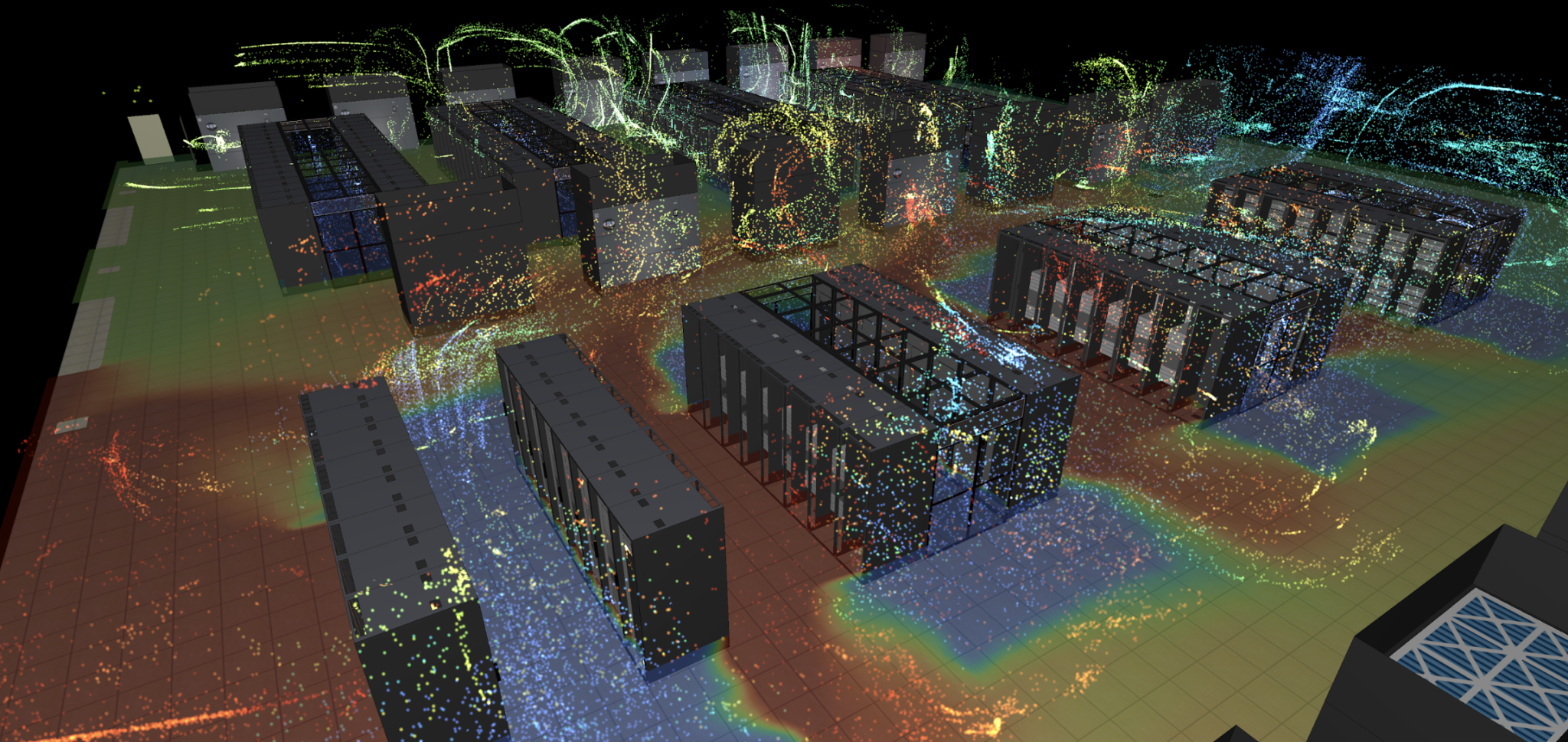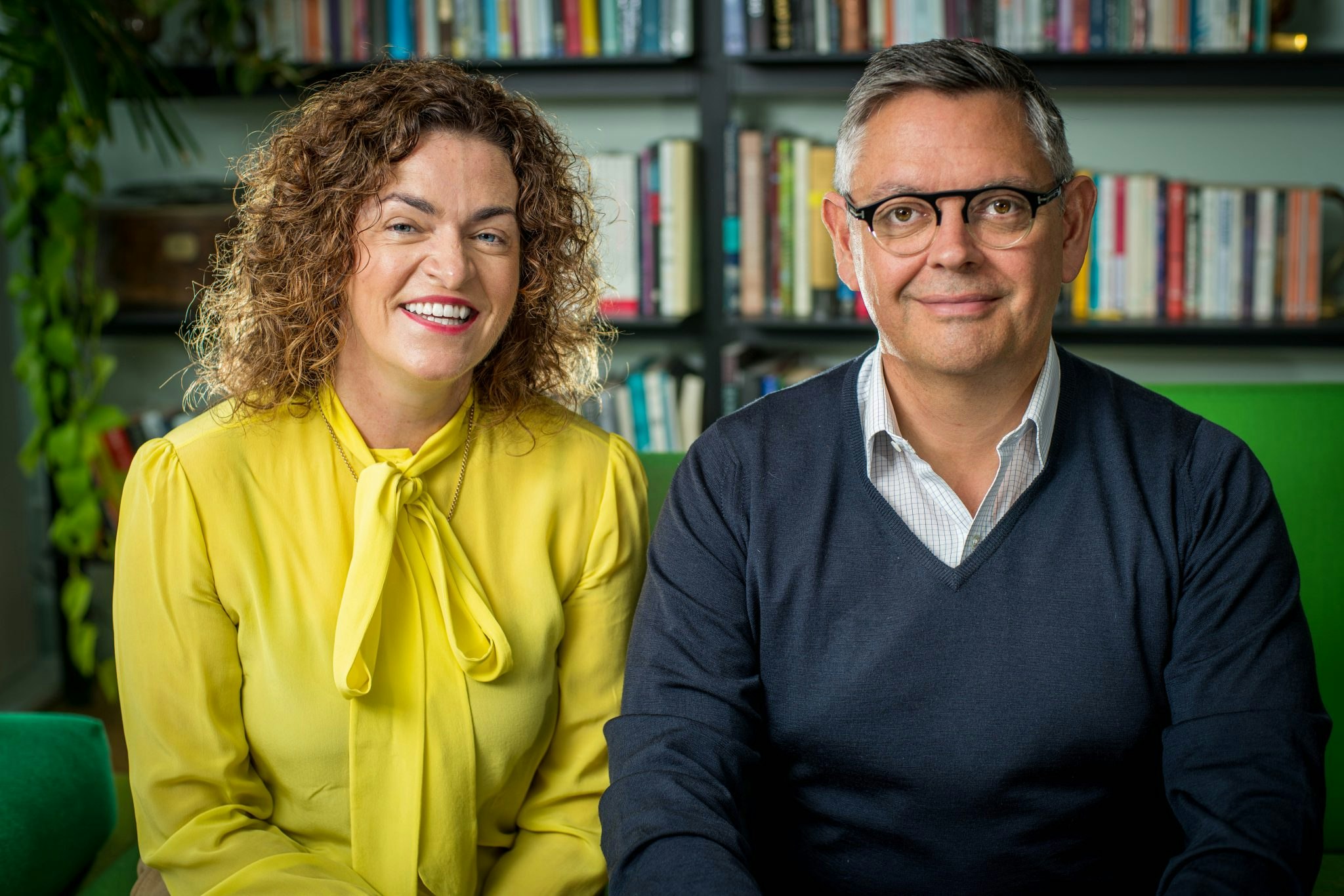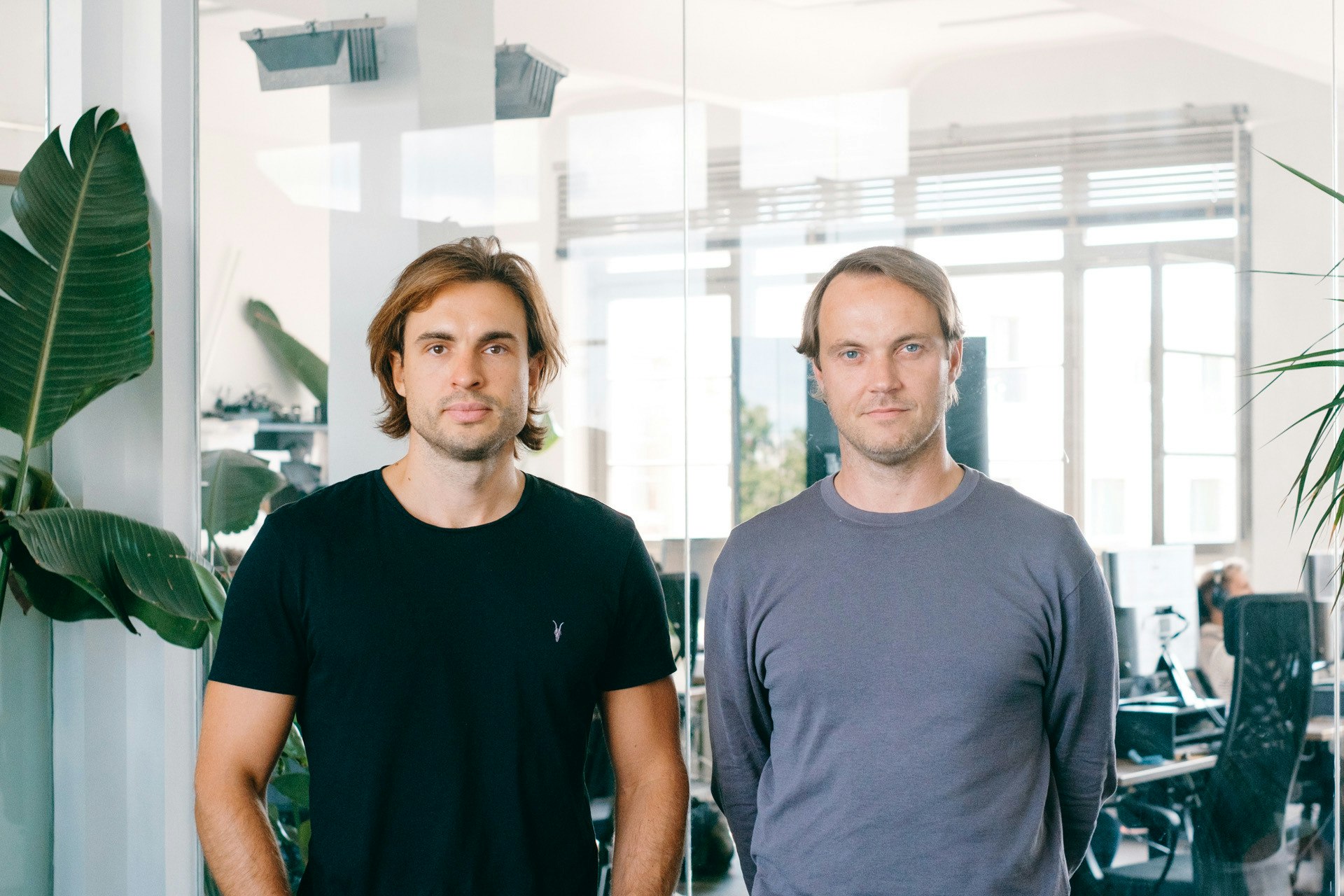Estonia’s Skeleton Technologies, which manufactures fast-charging batteries, has raised €108m in debt and equity.
It comes after the cleantech secured a €38m Series D last year, and brings its total funding to more than €300m. That makes it one of Europe’s top-financed deeptech startups.
The round was backed by Germany's Siemens and Japan’s Marubeni Corporation, and the company will use the funds to scale production of its batteries and supercapacitors. It is building a new supercapacitor factory in Markranstädt, outside Leipzig, Germany — its second factory in the region, which will enable it to increase production 40-fold when it comes online in 2024.
What does Skeleton do?
Founded in 2009, Skeleton uses its own patented raw material, curved graphene, to produce tools such as supercapacitors and superbatteries.
Also known as ultracapacitors, supercapacitors provide a burst of energy for a short amount of time — often just a few minutes — and can be used to power trams or industrial machinery, as well as in combination with batteries.
Unlike batteries, they can be recharged around a million times, compared with around 1,000 for traditional batteries produced by companies like Northvolt.
Where will the money go?
The company plans to use its fresh financing to scale the production of its supercapacitors, as well as the curved graphene material used to manufacture them.
“We started with supercapacitors and are now developing our superbattery,” says Taavi Madiberk, Skeleton’s CEO and cofounder.”But we won’t stop there. Our R&D teams are working on our future battery technologies [as well],” he adds.
Who has invested?
- Siemens Financial Services, the financial division of German manufacturer Siemens
- Marubeni Corporation, a Japanese general trading company
- CBMM, a Brazilian mining company
Madiberk says that the partnership with big corporations was “not a replacement for larger financial investors, but a strategic choice.” He says Skeleton would benefit from and share expertise with such industrial powerhouses. “You cannot scale up without partners,” he says.
“It’s a win-win: the corporation gets to tap into new innovations that will make their own business grow — and the scaleups get access to funding, new and predictable commercial agreements, experience and channels.”


